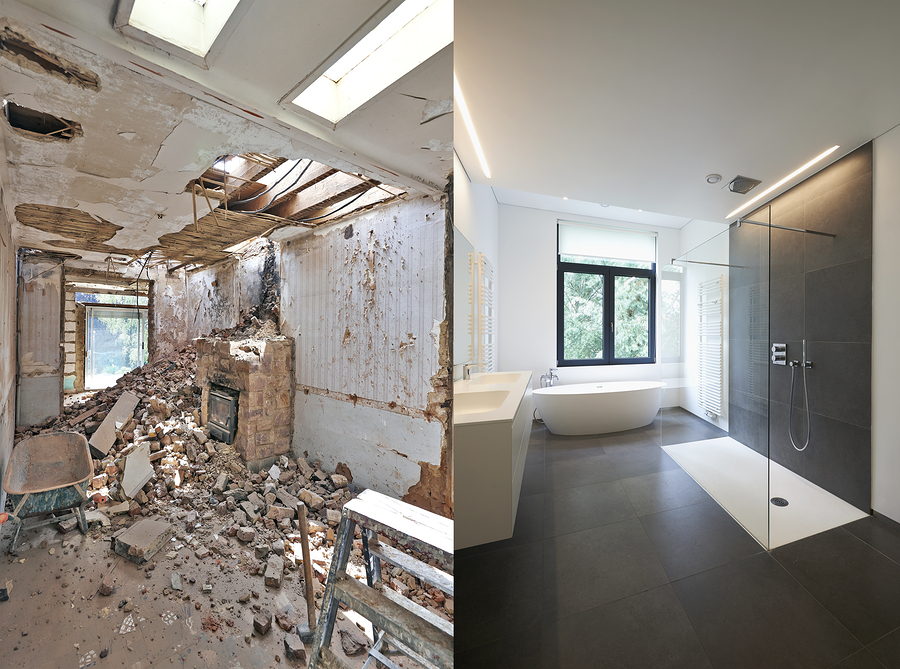Perhaps the term “flipping” is not the best way to describe purchasing a house with the intention of selling it for a profit. Calling it flipping makes it sound almost effortless. In reality, flipping a house is a time-consuming process that requires research, money, and knowledge about construction and the local market. If you have all of that, you can set about to do the hard work. Here are five common expenses associated with the process.
Purchase price
This is the most important cost you will pay and will determine whether you make a profit or prepare a nice home for the next owners at a loss. You want to find properties available for purchase below their market value; the amount of work needed is really secondary. If the repairs needed are intimidating to most buyers, that can bode well for you. Find a home that meets your criteria and make a low-ball offer.
Real estate commission
Agents have a wealth of knowledge about properties on the market. They can quickly look up how many times a property has been listed, at what price, and its sales history. A real estate agent saves you a lot of legwork and provides valuable information. For an ongoing relationship with you, an agent may be willing to work for a flat fee rather than a percentage.
Repairs and upgrades
Before you can determine an acceptable purchase price on a property, you must know how much you can sell it for after repairs. To determine the after repair value (ARV), look at similar homes in the area that have sold in the previous three months. Then you can look at the repairs needed to bring the house to that value. You may have to make low-ball offers on several houses before you find a willing seller.
Taxes
You are going to be responsible for property taxes for the time you own the house and for taxes on your profit. Consult with your tax advisor on what expenses qualify as deductions.
Utilities and lawn care
Potential purchasers will need water, electric, and gas turned on for their inspections. Some homes that have been vacant for a long time may have substantial costs to activate utilities. Many municipalities will mow neglected lawns and attach a lien to utilities. You must maintain the property within compliance of local codes.
Flipping a house might not be as easy as the name sounds, but with proper research and realistic expectations, you can still make a nice profit with a real estate flip.
Related Articles
How To Estimate Investment Property Expenses in an Uncharted Market
Multifamily Property Owners – Don’t Skip the Inspections!
Don’t Rely on the 50% Rule to Analyze Multifamily Real Estate
Latest posts by Theresa Bradley-Banta (see all)
- Multifamily Common Areas Maintenance & Management Tips - March 31, 2020
- 8 Tenant Gift Ideas That Will Boost Your Bottom Line - November 11, 2019
- Need a Package Delivery System at Your Multifamily Rental Property? - October 28, 2019



